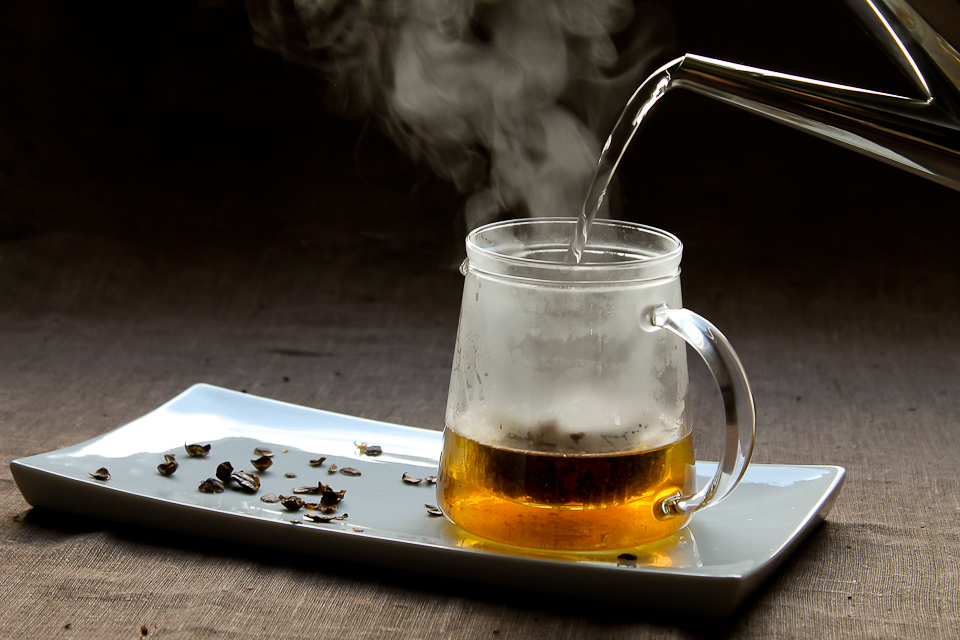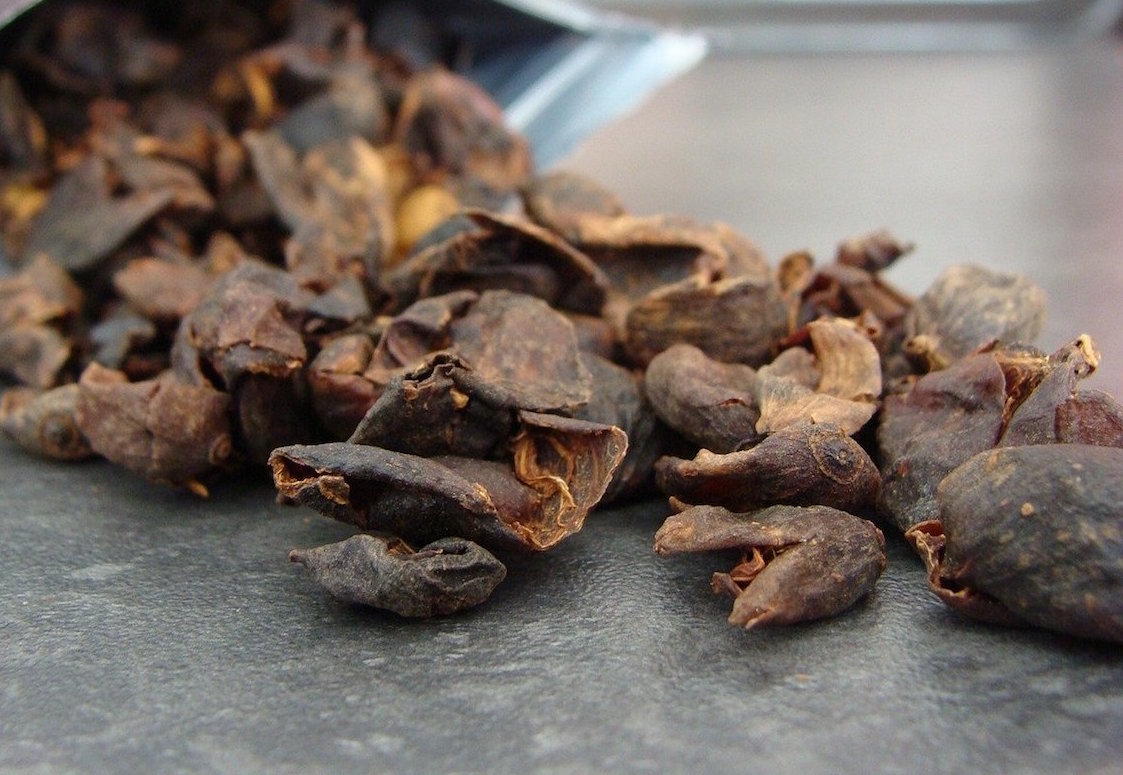
“Cascara Tea” by Migle Seikyte is licensed under CC BY-SA 2.0.
New research from Germany may ultimately help pave the way for additional commercialization of beverages derived from coffee byproducts.
The recently published study explored toxicity risk related to chlorogenic and isochlorogenic acids, which are naturally occurring compounds found in coffee plant byproducts such as coffee plant flowers, leaves and coffee fruit materials (cascara, pulp, husk, etc.).
The German researches conducted an extensive literature review that considered both acute and chronic exposure to the chlorogenic and isochlorogenic acids found in common coffee byproducts.
Through their review, the research found no evidence suggesting that reasonable acute or long-term exposure to the acids would result in negative health consequences.
“No significant signs of toxicity or adverse effects were observed after acute oral exposure,” the study states. “Based on current knowledge, long-term exposure to chlorogenic and isochlorogenic acids at levels typically found in coffee byproducts does not appear to pose a health risk to humans. Consumption of CQAs from coffee by-products can therefore be considered safe based on the currently available literature.”
Naturally, the authors called for additional research, “particularly if exposure to chlorogenic acids or coffee byproducts is expanded beyond currently expected levels.”
The study comes as coffee byproducts are being explored as beverage ingredients, particularly in the commercial ready-to-drink (RTD) segment. In recent years, the most commercialized of these products is cascara, which is the sweet dried fruit from the red (when ripe) cherry-like fruit that surrounds coffee seeds.
It was not until January of last year that cascara became legalized for import and commercial production in the European Union, where the “novel food law” requires an extensive review and approval process for new foods from outside countries. Coffee giants Nestlé and Lavazza were the two separate applicants who helped supply the European Food Safety Administration with supporting research to legalize the coffee byproduct.
The most recent study from Germany names numerous other byproducts that could conceivably find their way into food, beverage or dietary supplement products.
Among the four authors of the new study were three researchers from three different German universities, plus Steffen Schwarz, the owner of the private coffee research and training center Coffee Consulate, based in Mannheim. Published in the MDPI journal Molecules, the study did not receive outside funding.
Does your coffee business have news to share? Let DCN’s editors know here.







Comment